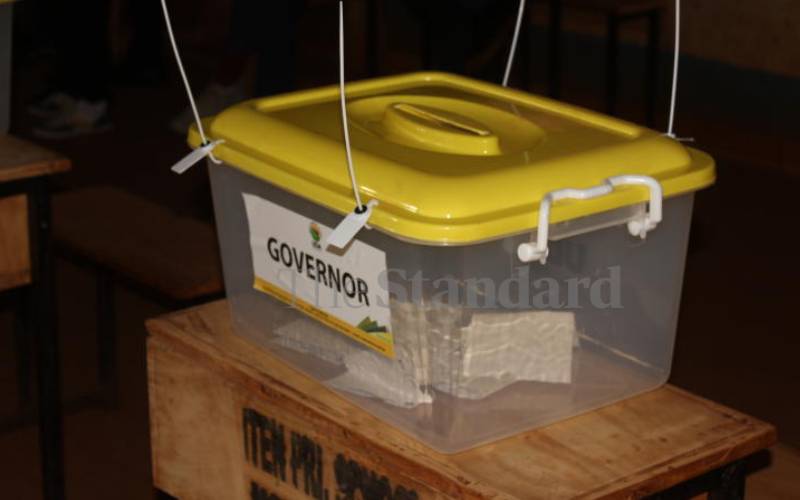×
The Standard e-Paper
Join Thousands Daily

It has been several months of noise and name-calling. Months of spreading lies, half-truths and alternative facts before the party primaries that ended two days ago.
The results of the primaries should act as a guide, for, that was the first vetting exercise.